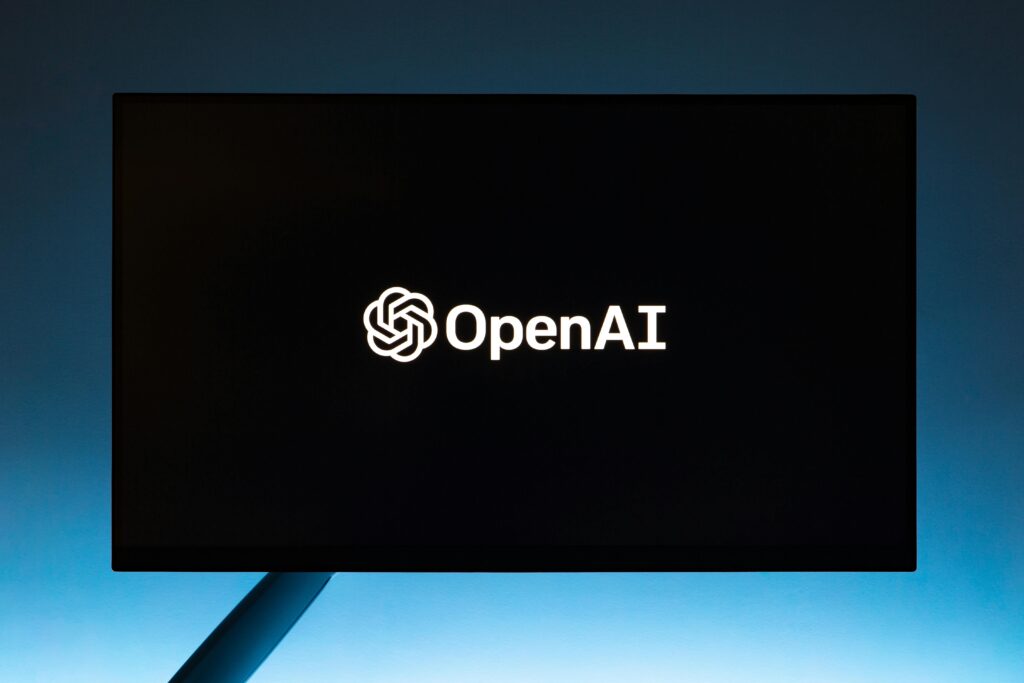
Artificial Intelligence (AI) has emerged as a game-changer in digital marketing, offering new ways to reach audiences, optimize campaigns, and improve customer experiences. From automation to personalization, AI provides a powerful toolkit that helps marketers stay competitive in an ever-evolving digital landscape. However, along with the benefits come challenges that need to be managed strategically. In this blog, we’ll explore the key opportunities AI brings to digital marketing and the challenges that marketers need to address to maximize its potential.
Opportunities AI Brings to Digital Marketing
1. Enhanced Personalization
Personalization is no longer a bonus; it’s a necessity in digital marketing. AI helps marketers deliver highly personalized content by analyzing vast amounts of data about user preferences, behavior, and demographics. This leads to:
- Targeted Ads: AI-driven algorithms create personalized ads that are more likely to resonate with specific audience segments, increasing the likelihood of conversion.
- Tailored Email Marketing: AI can help marketers send customized emails based on user behavior, such as purchase history or website interactions. This increases open and click-through rates, improving ROI.
- Dynamic Website Content: AI can analyze user behavior on websites and adjust the content in real time, offering product recommendations or content suggestions that suit individual users.
For example, Netflix uses AI algorithms to recommend shows and movies based on what users have watched before, enhancing user experience and retention.
2. Predictive Analytics for Better Decision-Making
AI excels in predictive analytics, allowing marketers to make data-driven decisions that can enhance their campaigns. AI tools analyze historical data and current trends to predict future outcomes, helping businesses:
- Forecast Sales and Trends: AI can help identify market trends and predict consumer behavior, enabling businesses to tailor their offerings based on demand.
- Optimize Lead Scoring: AI-powered lead scoring systems rank leads based on their likelihood of converting, helping sales teams prioritize their efforts.
- Improve Customer Retention: By analyzing customer behavior patterns, AI can predict churn and suggest strategies to retain customers, such as sending timely discounts or offers.
3. AI-Powered Content Creation and Curation
AI tools can help marketers create and curate content more efficiently. Although AI-generated content still requires human oversight, it’s becoming increasingly capable of producing high-quality, relevant content. Some of the ways AI is reshaping content marketing include:
- Automated Content Creation: AI writing tools like GPT-3 can generate blog posts, social media updates, and product descriptions, allowing marketers to focus on more strategic tasks.
- Content Curation: AI algorithms can recommend and organize content based on audience preferences, helping marketers deliver more relevant and engaging material to their users.
- Video and Image Recognition: AI can analyze and tag visual content, making it easier for marketers to find and repurpose existing media.
4. Chatbots and Conversational Marketing
AI-powered chatbots are revolutionizing customer service by providing instant, 24/7 support. These chatbots use natural language processing (NLP) to interact with customers, answer their questions, and even help them navigate through purchase processes. Key benefits of AI chatbots include:
- Improved Customer Service: Chatbots provide instant responses, improving customer satisfaction by solving problems quickly.
- Lead Generation: By engaging visitors in real-time, chatbots can collect information and guide users through the sales funnel, boosting lead generation efforts.
- Cost Efficiency: Chatbots reduce the need for human agents for basic customer service tasks, cutting operational costs for businesses.
5. Automation for Efficiency
AI-driven marketing automation allows brands to streamline repetitive tasks, making operations more efficient and freeing up time for more strategic activities. Marketers can automate:
- Email Campaigns: Triggered emails based on customer actions, like cart abandonment or recent purchases, ensure timely communication with customers.
- Social Media Scheduling: AI tools can automate content posting and manage social media interactions, ensuring consistency across platforms.
- Ad Optimization: AI can monitor ad performance and automatically adjust bidding strategies to maximize ROI, reducing the need for constant manual oversight.
Challenges of AI in Digital Marketing
1. Data Privacy and Security
One of the biggest concerns with AI in digital marketing is data privacy. AI systems rely on vast amounts of customer data to provide personalized experiences, but this raises questions about how data is collected, stored, and used. Businesses must be transparent about data usage and comply with regulations such as the General Data Protection Regulation (GDPR) to avoid penalties and protect consumer trust.
To address privacy concerns, companies must:
- Ensure compliance with privacy regulations like GDPR and CCPA.
- Invest in secure data storage solutions to prevent breaches.
- Offer transparency by providing customers with clear information on how their data is being used.
2. Bias in AI Algorithms
AI algorithms are only as good as the data they are trained on. If the data is biased or incomplete, the AI will replicate these biases in its outputs, leading to unfair targeting or exclusion of certain groups. For instance, biased algorithms may favor one demographic over another when delivering ads, potentially harming brand reputation.
To mitigate this, marketers should:
- Audit AI algorithms regularly to identify and correct biases.
- Ensure diverse data sets are used in training AI models.
- Encourage transparency in AI decision-making processes to reduce bias.
3. Over-Automation and the Loss of Human Touch
While AI can automate many marketing processes, there’s a risk of over-automation. If brands rely too much on AI, they risk losing the personal, human touch that consumers often appreciate. A purely automated customer experience may feel cold or impersonal, leading to customer disengagement.
To avoid over-automation, businesses should:
- Balance AI with human oversight in areas like customer service and content creation.
- Personalize automation to make interactions feel more human, even when driven by AI.
- Provide human alternatives to chatbots or automated responses, ensuring customers can interact with real people when necessary.
4. High Costs and Complexity of Implementation
Implementing AI solutions can be expensive, especially for small and medium-sized businesses (SMBs). AI tools often require significant upfront investment in software, infrastructure, and skilled personnel to manage and optimize these systems.
SMBs should:
- Start small with AI tools that offer the most immediate ROI, such as chatbots or basic automation platforms.
- Leverage cloud-based AI solutions that are scalable and cost-effective.
- Invest in AI training for their teams to ensure smooth integration and maximum benefit from AI technologies.
Conclusion
AI is revolutionizing digital marketing by providing powerful tools for personalization, automation, predictive analytics, and customer engagement. While the opportunities are vast, marketers must also navigate challenges like data privacy, algorithm bias, and the need to balance automation with human interaction. By understanding both the potential and the limitations of AI, businesses can craft more effective, efficient, and ethical digital marketing strategies.
As AI continues to evolve, its role in digital marketing will only expand, offering even more opportunities for innovation. The key to success will be in how marketers harness these technologies while maintaining a focus on delivering meaningful, customer-centric experiences.

